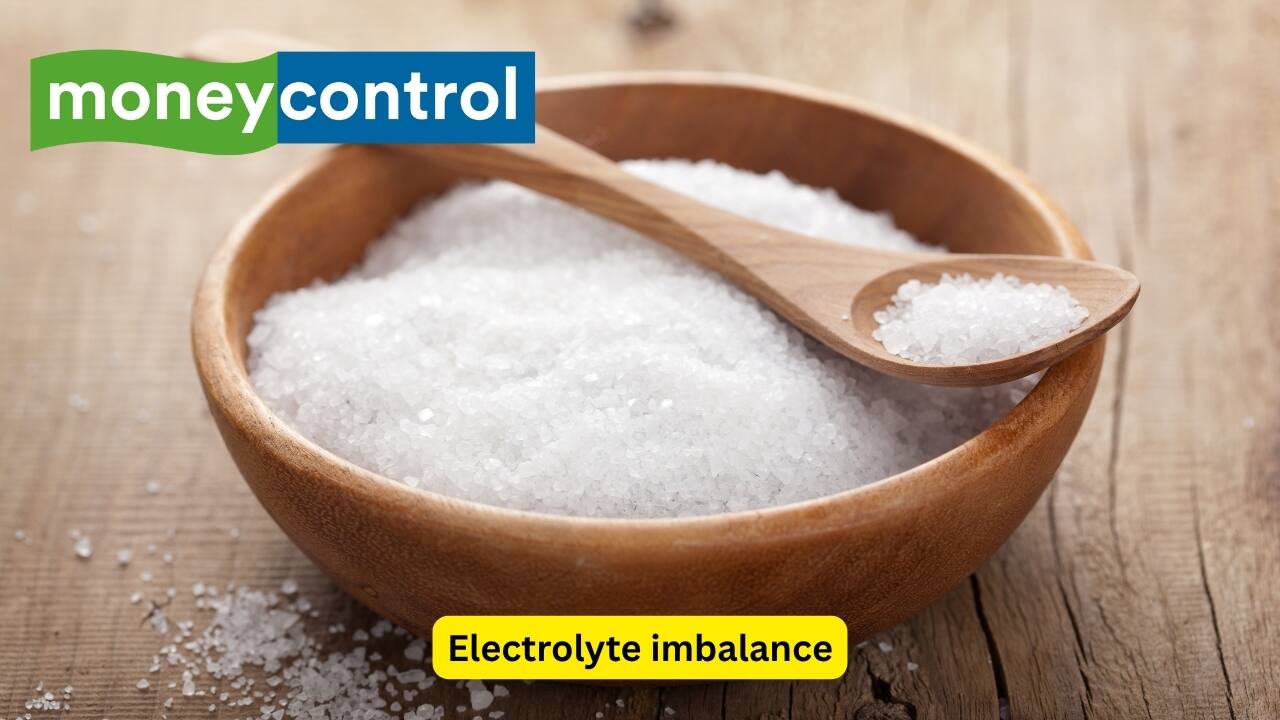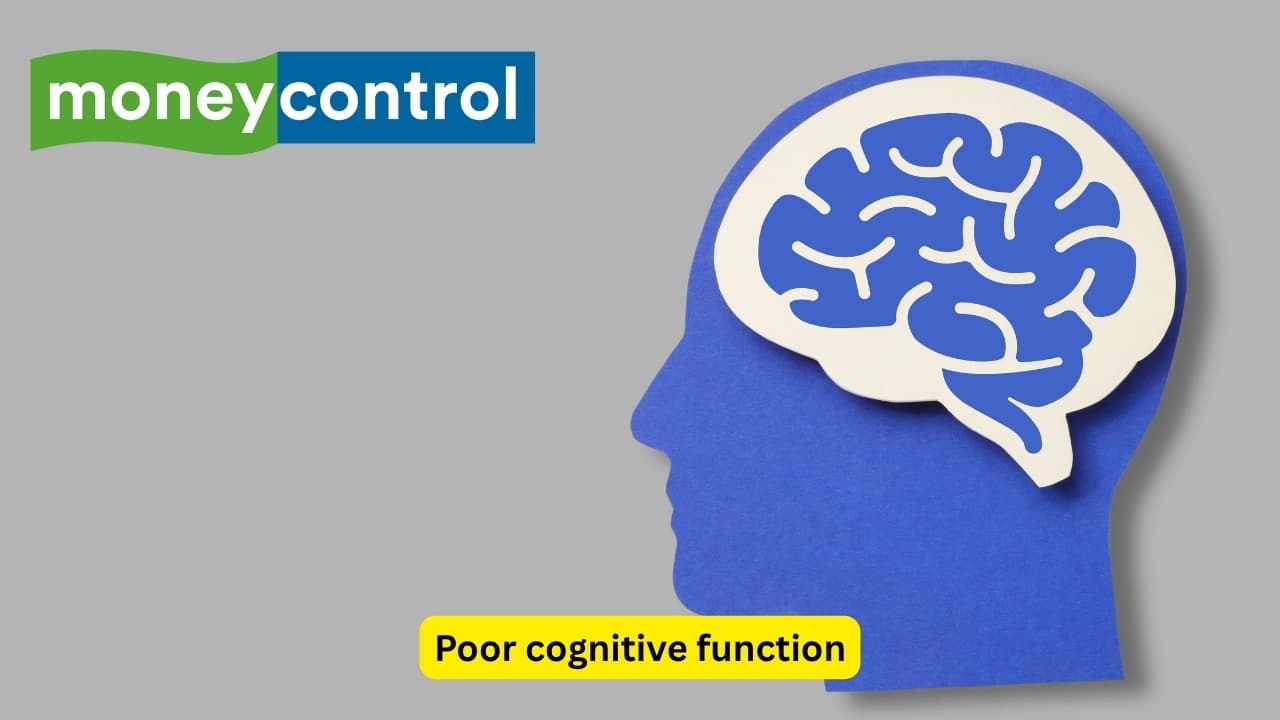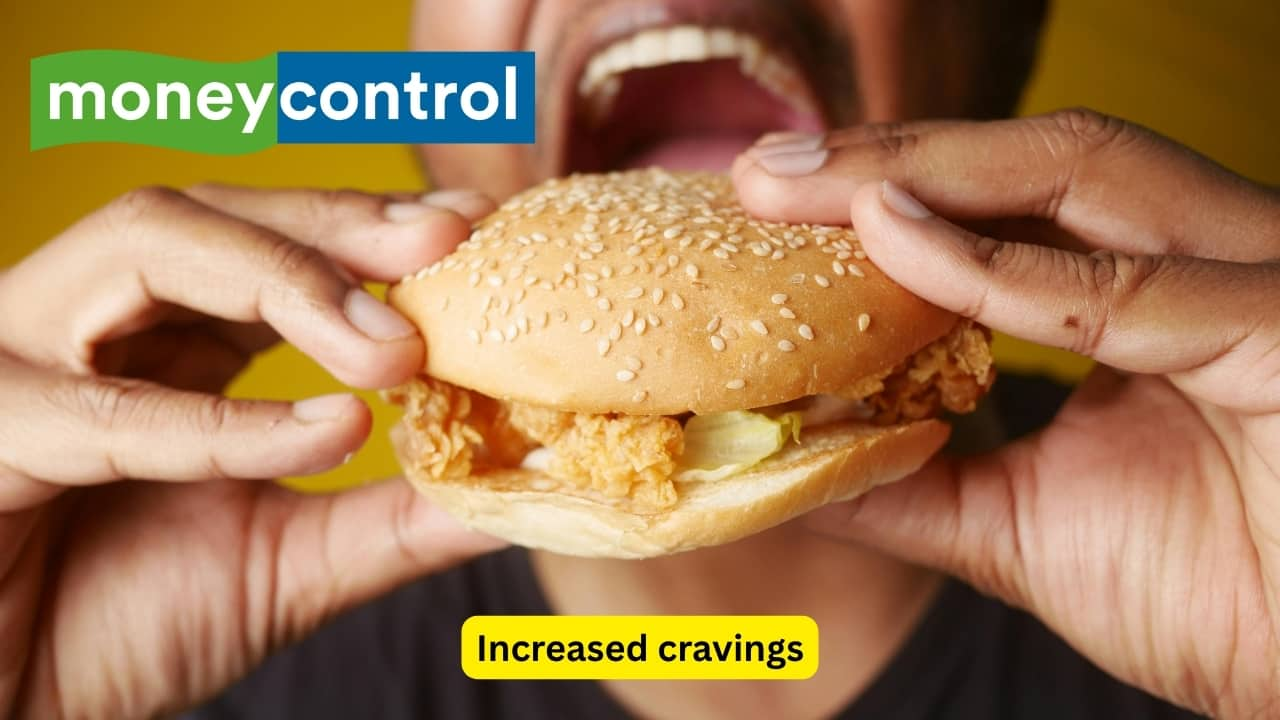8 surprising effects of cutting salt and sugar, according to a dietician
Nutrition experts will tell you extreme diets can hurt you, not help. We do need small, appropriate levels of salt and sugar for our bodies. With understanding, vigilance and moderation, you can sustain energy, help maintain organ function and stay away from long-term health issues.
1/9

Why moderation matters in salt and sugar intake
As Dr Meher Kumar, a dietician and owner of NutriLife Wellness Clinic, Noida told Moneycontrol, “While reducing excessive salt and sugar is necessary, too much restriction can be harmful. The body requires small amounts to be energized, hydrated and properly move the nerves and muscles. Awareness and moderation is much healthier than total elimination.” (Image: Canva)
As Dr Meher Kumar, a dietician and owner of NutriLife Wellness Clinic, Noida told Moneycontrol, “While reducing excessive salt and sugar is necessary, too much restriction can be harmful. The body requires small amounts to be energized, hydrated and properly move the nerves and muscles. Awareness and moderation is much healthier than total elimination.” (Image: Canva)
2/9

Fatigue and low energy
The body relies on sugar as its main form of energy. Ditching it altogether can cause long-term fatigue, brain fog and inability to focus. Without energy, motivation and productivity can drastically diminish in our daily living, so even mundane aspects of life become too much to address. (Image: Canva)
The body relies on sugar as its main form of energy. Ditching it altogether can cause long-term fatigue, brain fog and inability to focus. Without energy, motivation and productivity can drastically diminish in our daily living, so even mundane aspects of life become too much to address. (Image: Canva)
3/9

Electrolyte imbalance
Salt helps balance the body's fluids and electrolytes. Without it, dizziness, muscle cramping,” even irregular heartbeat can result. The optimal balance of electrolytes is important for both hydration and nerve function, and electrolyte imbalance can impact physical and mental well-being. (Image: Canva)
Salt helps balance the body's fluids and electrolytes. Without it, dizziness, muscle cramping,” even irregular heartbeat can result. The optimal balance of electrolytes is important for both hydration and nerve function, and electrolyte imbalance can impact physical and mental well-being. (Image: Canva)
4/9

Poor cognitive function
The brain needs glucose as this is its primary source of fuel. No-sugar diets can also damage memory, learning, and overall cognitive skills. Decreased availability of glucose to the brain will impact cognitive performance, and then we can see impairment in decision making and attention. (Image: Canva)
The brain needs glucose as this is its primary source of fuel. No-sugar diets can also damage memory, learning, and overall cognitive skills. Decreased availability of glucose to the brain will impact cognitive performance, and then we can see impairment in decision making and attention. (Image: Canva)
5/9

Muscle weakness
It is necessary for muscle contractions, therefore people cannot live without sodium. Poor salt intake can deliver muscle weakness, cramps and poor exercise performance. Muscle weakness can heighten the risk for injury as we put forth physical effort, as well as influence the time it takes for recovery from exercise. (Image: Canva)
It is necessary for muscle contractions, therefore people cannot live without sodium. Poor salt intake can deliver muscle weakness, cramps and poor exercise performance. Muscle weakness can heighten the risk for injury as we put forth physical effort, as well as influence the time it takes for recovery from exercise. (Image: Canva)
6/9

Hormonal disruption
Very low sodium may affect adrenal hormones and the renin-angiotensin system, which control blood pressure and how the body responds to stress. These hormonal factors will show up as fatigue and impact the body’s ability to handle inflammatory response and immune function.(Image: Canva)
Very low sodium may affect adrenal hormones and the renin-angiotensin system, which control blood pressure and how the body responds to stress. These hormonal factors will show up as fatigue and impact the body’s ability to handle inflammatory response and immune function.(Image: Canva)
7/9

Digestive issues
Sugar helps to feed gut bacteria that assist with digestion. Eliminating sugar entirely could also interfere with overall gut health and metabolism. Poor gut health may also lead to a weakened immune system and challenges with absorbing nutrients, affecting overall health.(Image: Canva)
Sugar helps to feed gut bacteria that assist with digestion. Eliminating sugar entirely could also interfere with overall gut health and metabolism. Poor gut health may also lead to a weakened immune system and challenges with absorbing nutrients, affecting overall health.(Image: Canva)
8/9

Increased cravings
Severe limitation can induce a high level of cravings that may (eventually) result in binge eating and less compliance with your diet. These cravings often target sugary or salty foods. This can make it more difficult to sustain a balanced and healthy diet as you transition into the long-term.(Image: Canva)
Severe limitation can induce a high level of cravings that may (eventually) result in binge eating and less compliance with your diet. These cravings often target sugary or salty foods. This can make it more difficult to sustain a balanced and healthy diet as you transition into the long-term.(Image: Canva)
9/9

Mood swings and irritability
A deficiency of glucose and sodium can interfere with neurotransmitters, causing irritability, anxiety or depression. These emotional changes lethargically affect relationships and overall quality of life, if not addressed in a timely manner.(Image: Canva)
Disclaimer: This article, including health and fitness advice, only provides generic information. Don’t treat it as a substitute for qualified medical opinion. Always consult a specialist for a specific health diagnosis.
A deficiency of glucose and sodium can interfere with neurotransmitters, causing irritability, anxiety or depression. These emotional changes lethargically affect relationships and overall quality of life, if not addressed in a timely manner.(Image: Canva)
Disclaimer: This article, including health and fitness advice, only provides generic information. Don’t treat it as a substitute for qualified medical opinion. Always consult a specialist for a specific health diagnosis.
Discover the latest Business News, Budget 2025 News, Sensex, and Nifty updates. Obtain Personal Finance insights, tax queries, and expert opinions on Moneycontrol or download the Moneycontrol App to stay updated!





